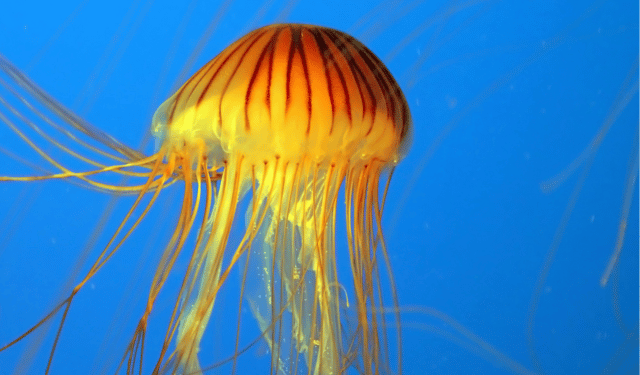Our Ocean 2025: marine sustainability is discussed in Busan – The 10th Our Ocean – OOC – Conference (28-30 April), an international event dedicated to the sustainable management of the oceans and the definition of shared strategies for the protection of marine ecosystems, kicks off at BEXCO in Busan, Republic of Korea. The 2025 edition focuses on analysing the achievements of the last decade and identifying operational priorities for the future.
Since 2014, the Our Ocean platform has promoted over 2,600 initiatives, with significant impacts in terms of establishing marine protected areas (MPAs), combating illegal fishing, reducing marine pollution and supporting scientific research applied to ocean ecosystems.
On the occasion of this edition, the World Resources Institute (WRI) presented its first overall assessment of the commitments made: of the $160 billion pledged through the various conferences, some $133 billion has already been disbursed or is being implemented. Funding has mainly concerned the protection of marine biodiversity, the fight against IUU (Illegal, Unreported and Unregulated) fishing, and projects related to ocean solutions for climate adaptation and emissions reduction.
A major focus is reserved for the High Seas Treaty, recently ratified by the Republic of Korea, bringing the number of states parties to 21. The treaty needs further ratifications to enter into force, but the Busan conference represents a moment of political and technical consolidation ahead of the next UN Ocean Conference in Nice.
On the operational side, discussions focus on the effectiveness of marine protected areas, the implementation of tools for monitoring fishing activities, and the strengthening of measures against unsustainable practices. Furthermore, the need for investments of around USD 2 trillion over the next two decades to enhance the contribution of ocean-based solutions in line with the 2050 climate targets is highlighted.
The fisheries and aquaculture sector is directly involved in this process, with a focus on traceability, resource management and the prevention of overfishing. The policies discussed in the OOC will influence international regulation and future production patterns, with both environmental and economic impacts.
Priority areas for action include:
- The expansion and effective management of MPAs.
- The reduction of fishing gear lost at sea.
- The strengthening of legal instruments against IUU fishing.
- The integration of scientific research and industrial applications for a more efficient governance of maritime spaces.
Our Ocean 2025 is therefore confirmed as a technical and political forum for the alignment of global strategies, with the aim of ensuring a balance between environmental protection and sustainable development of sea-related economic activities.
Our Ocean 2025: marine sustainability discussed in Busan








